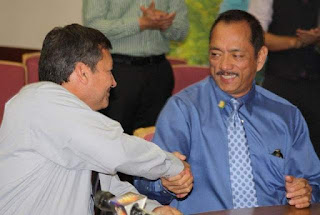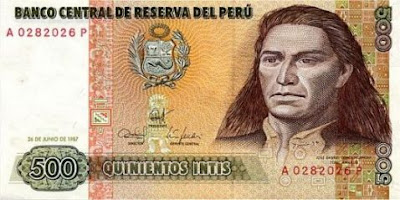Kobransa

Connections between colonies are intriguing. They come most naturally from the gaze or the perspective of the colonizer. So colonies tend to be linked together as sites of corruption, incompetence, primitivity and overall negative binary possibility. We see this in terms of how the US looks at its colonies, describes them, produces them as objects of the law, and assume so much in the way of their nature without an ounce of self-reflection. As a continuation of the Obama Administration, the Trump Administration is now holding up foreign worker visas to Guam. They claim to be doing so because of corruption and abuse in the past. Whatever abuses have taken place are a sliver of a drop in the ocean that is American political or economic corruption. Often times people assume that the corruption begins in the colonies, but it is just as feasible that the corruption was imported or taught to the natives by the colonizer. For those of you with fancy literature backgrounds think Heart of Dar



